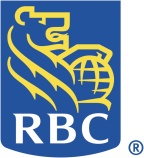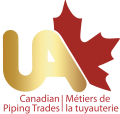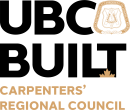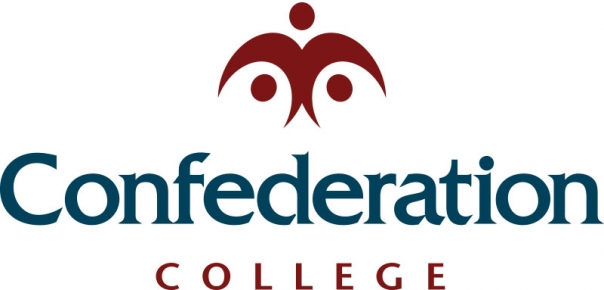Age Eligibility
Across the globe, the Skills Organizations are dedicated to the movement of energizing the career choices available in the skilled trades and technologies sectors to inspire youth. Age restrictions for competitors of the Skills Ontario Competition are based on several factors, including that Skills Ontario is part of a worldwide organization with over 85 different countries involved, known as WorldSkills, who all also have age restrictions in place. Most WorldSkills contests have an age restriction of 22 years of age in the year of the competition, with a few allowing a maximum age of 25 in the year of the competition. Skills Ontario’s age eligibility for competitors is no older than 29 in the year of the competition.
The Skills movement is dedicated to youth, which is why the age eligibility applies. Similarly to the justification of a youth sports team, where if there was an age limit, it would apply to all those registering to play. Institutions are made aware annually of Skills Ontario’s eligibility requirements for competitors and ask to confirm eligibility at the time of competitor registration.
The provincial Skills Ontario Competition is part of the overall organization’s programming and movement for inspirating youth. Skills Ontario’s policies and program requirements are also based on the Provincial and Federal government requirements for programming in regard to youth, where youth is classified up to the age of 29. Skills Canada, the next level of competition also has similar eligibility rules in regard to qualifying for WorldSkills, where even if Skills Ontario was able to adjust the age eligibility at the provincial level, a competitor would be unable to continue to another level thereafter potentially. If a competitor was of an older age, in comparison to competing against a younger competitor, would ascertain an inequitable advantage in skills sets, experience and life skills learned that would create an unfair benefit for a competition environment that has been established for the purpose of supporting youth in developing their early professional aptitude. Examples include, but are not limited to; time management, keeping calm, refocussing, problem solving, etc.
Institutions may hosts their own regional or internal competition to determine who moves on to the provincial level to represent their institution, and they generally allow entire classes to participate regardless of age incorporated into the curriculum or as a stand alone event, however, only competitors meeting the age requirements and all other eligibility requirements may continue on to each official level of the competition beyond that (example: provincially, nationally, and Worlds).















